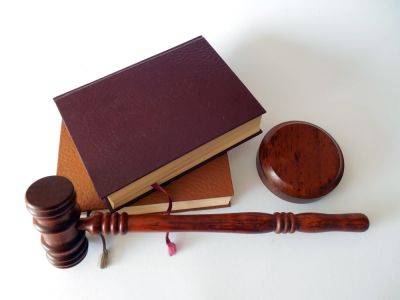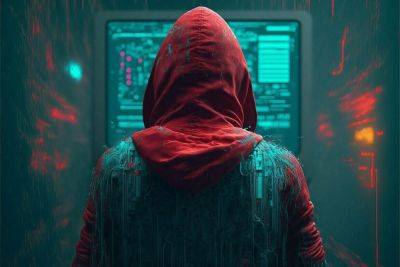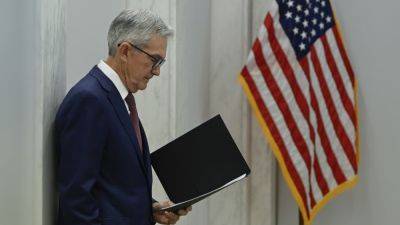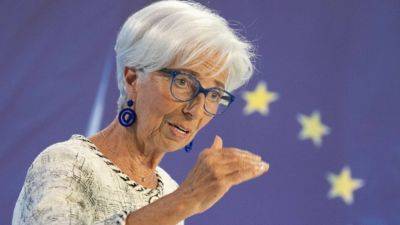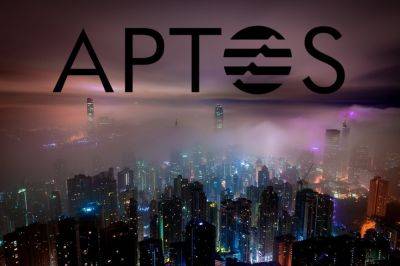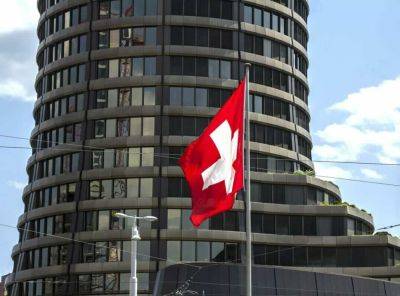Ethereum L2 Starknet aims to decentralize core components of its scaling network
Ethereum layer-2 scaling network Starknet has outlined plans to improve the decentralization of three core components of its zero-knowledge (ZK) proof rollup solution.
Speaking exclusively to Cointelegraph, Starknet product manager and blockchain researcher Ilia Volokh outlined the firm’s intent to address certain centralized elements of its protocol aimed at defending against censorship and making its system more robust.
Starknet operates as a validity rollup using ZK-proof technology to bundle transactions, with cryptographic proofs submitted to Ethereum to achieve security and finality for layer-2 transactions.
According to Volokh, Starknet’s protocol remains dependent on StarkWare for creating L2 blocks, computing proofs and initiating layer-1 state updates to the Ethereum blockchain.
“In this sense, the operation of the network is centralized. This is not necessarily a bad thing because although Starkware operates the network, it cannot steal money and can’t do any invalid state transitions because they require executing the verifier on Ethereum,” Volokh explained.
While Starkware remains a “centralized gateway” to enter Starknet, Volokh added that the protocol is “100% honest” and cannot falsify transactions or information, as Ethereum’s layer-1 blockchain acts as a filter.
The only tangible way in which Starknet can “misbehave” is either by being idle in not relaying proofs to Ethereum or by specifically censoring certain parties from including transactions or proofs.
For Starknet, the latter consideration is part of the main reason to decentralize parts of its protocol in an effort to combat two main causes of censorship in consensus-based systems.
Intentional censorship is one consideration, while “non-robust” systems
Read more on cointelegraph.com


